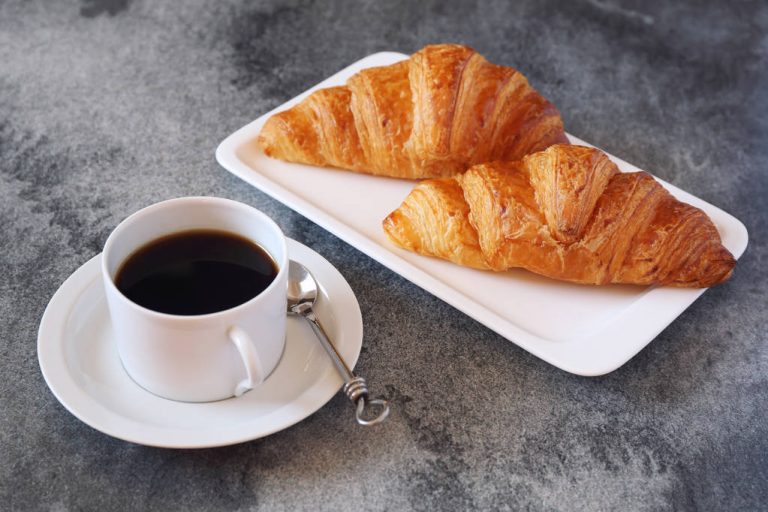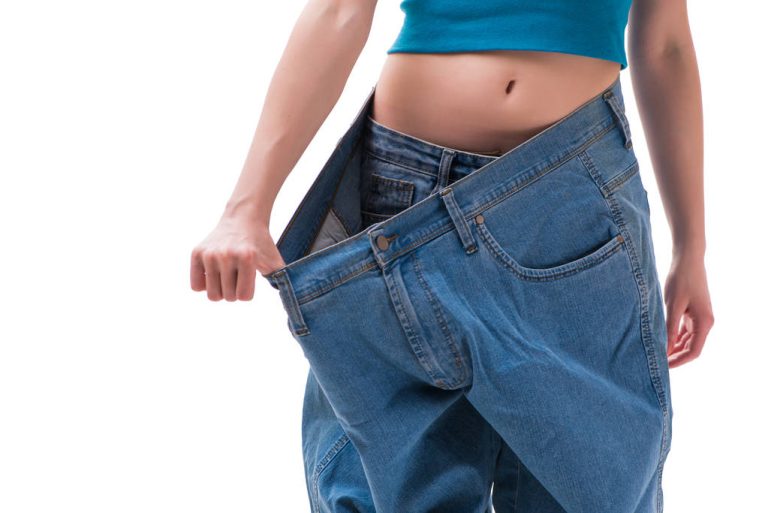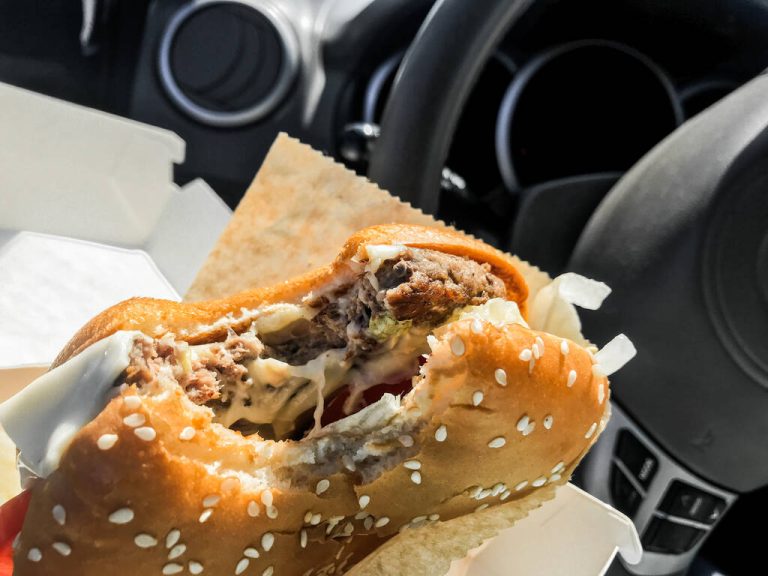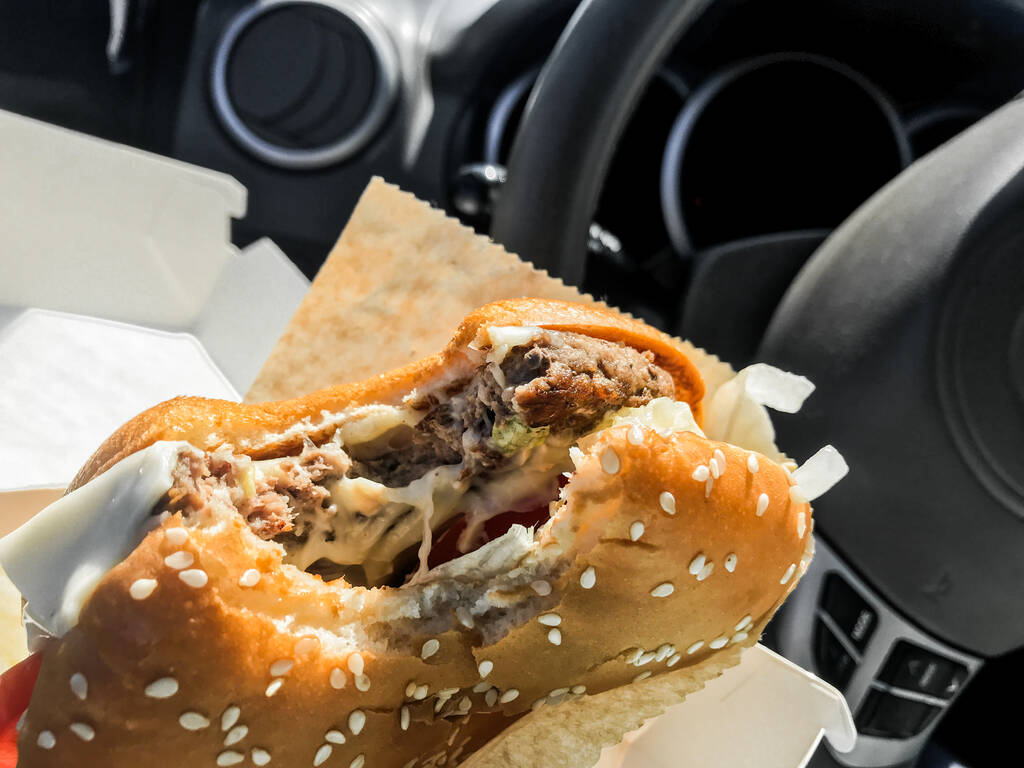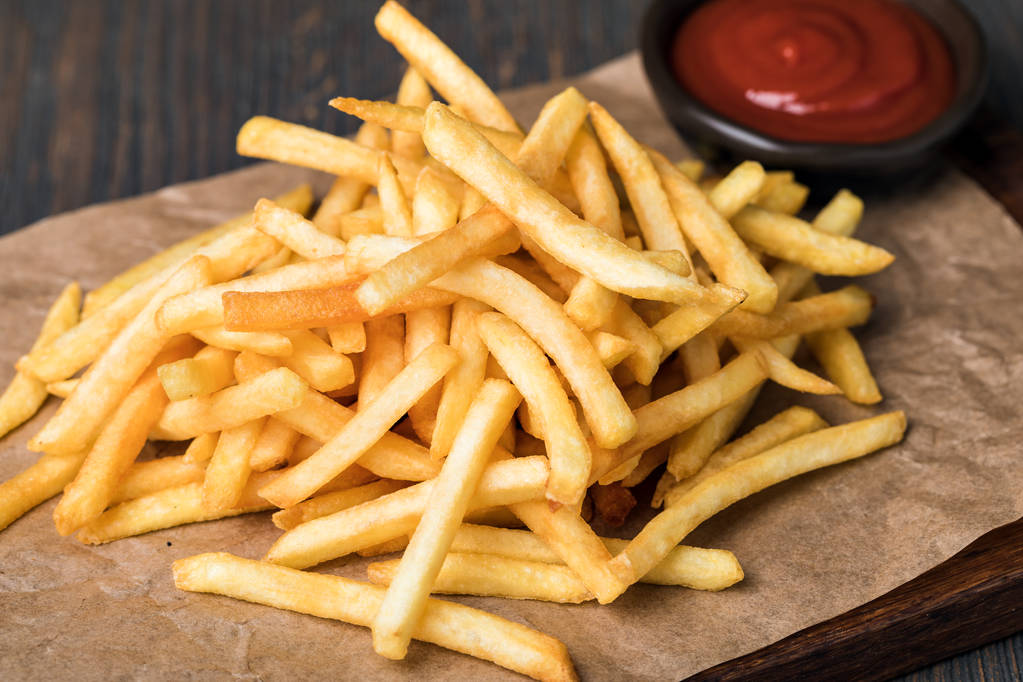There are many rumors about coffee: coffee makes you fat – coffee makes you slim – coffee is healthy – coffee is unhealthy. Time to clean up the rumor mill.
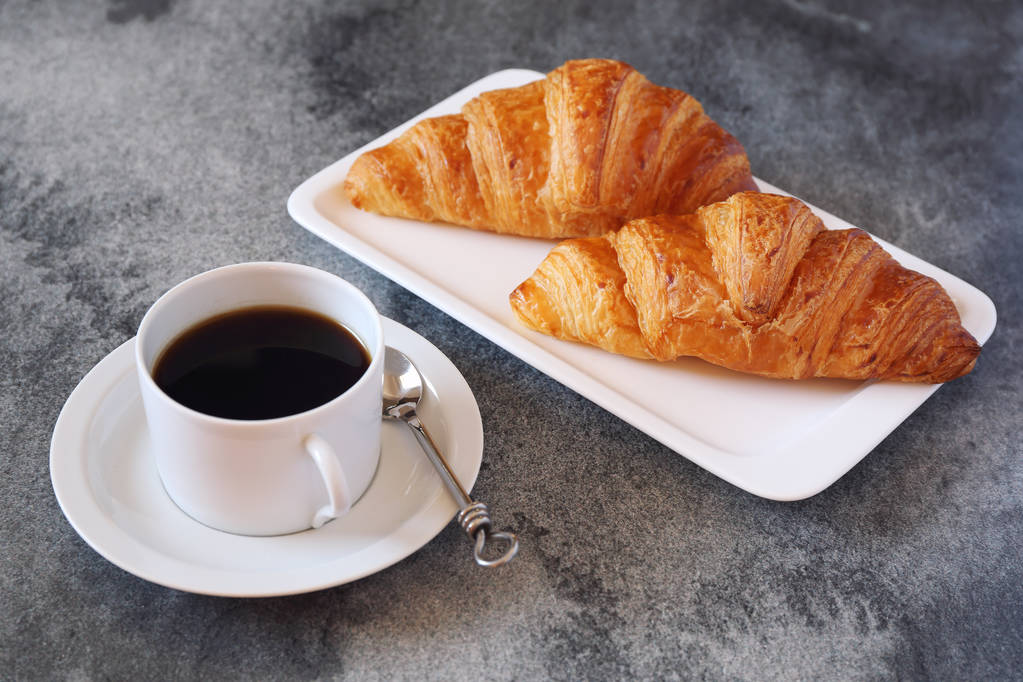
#1:The name cappuccino came about because this coffee specialty resembled the color of the clothes of a group of monks.
True!
The cappuccino comes from the Austrian Kapuziner. This Viennese coffee specialty – a mocha with whipped cream – got its name from the similarity of the color of the drink and the color of the Capuchin monks’ robes. The name “cappuccino” comes from the Italian “cappuccio” which means “hood”.
#2: The Germans are world champions in coffee consumption.
Not correct!
Germany only ranks 8th in the statistics for global coffee consumption (as of 2017). The Finns are the true world champions. On average, every Finn takes up to 5 “coffee breaks” a day, consuming about 1 liter of coffee. That would be 10 kg of coffee beans per year and rightly number 1 for the Finns.
#3: The first German coffee house opened before 1700.
True!
The first coffee house actually opened in Bremen in 1673. At that time, the “Schütting” coffee house was considered a meeting place for merchants, scholars and philosophers. Today the Bremen merchants and the Chamber of Commerce are located in Haus Schütting.
#4: In Japan, there is a pet kitten with coffee.
True!
Hard to believe, but it’s actually true! Since many Japanese homes are simply too small to keep a pet there, some businessmen developed the cat café business model. Here, anyone who cannot keep their own animal partner at home can not only enjoy the coffee, but also enjoy the presence of several cats. Many Japanese now use these facilities to relax after a hard day’s work with a few cuddles with a cat.
The petting pleasure costs the equivalent of four euros per hour plus the cost of the coffee. Before entering the cat café, visitors must disinfect their hands and exchange their street shoes for slippers.
The business idea is very successful in Japan, so it is not surprising that this trend has now arrived in Europe. Germany’s first cat café opened in Munich – there are now eight cafés in Munich, Cologne, Berlin, Aachen, Bielefeld, Hanover and Nuremberg.
#5: Coffee beans last longer when stored in the refrigerator.
Not correct!
Coffee beans are porous and therefore absorb food odors and moisture very quickly – so the fridge is the last place coffee belongs.
Tip: Buy beans fresh, store in an airtight container at room temperature and use within a week.
#6: When dieting, you should avoid coffee.
Not correct!
No, on the contrary: caffeine increases fat burning, heat production and blood pressure in the body, thereby boosting the metabolism.
Tip: a cup of strong coffee or espresso after the meal!
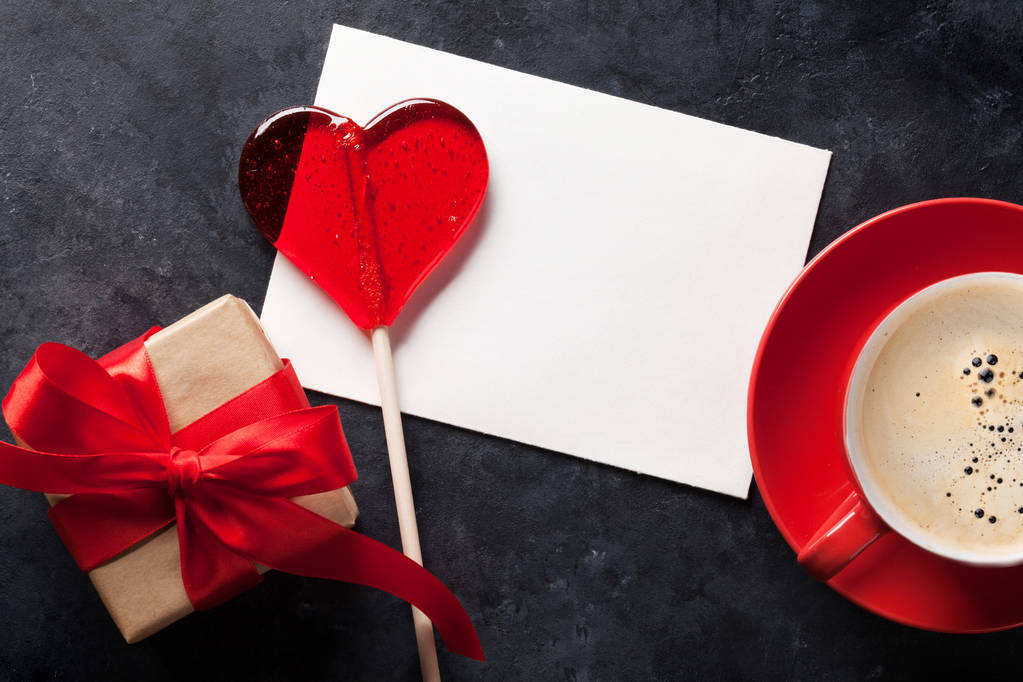
#7: Low-fat milk is good for foaming.
True!
The foam quality depends on the protein content and not on the fat content of the milk. Any milk can therefore be foamed – including soy milk and lactose-free milk.

